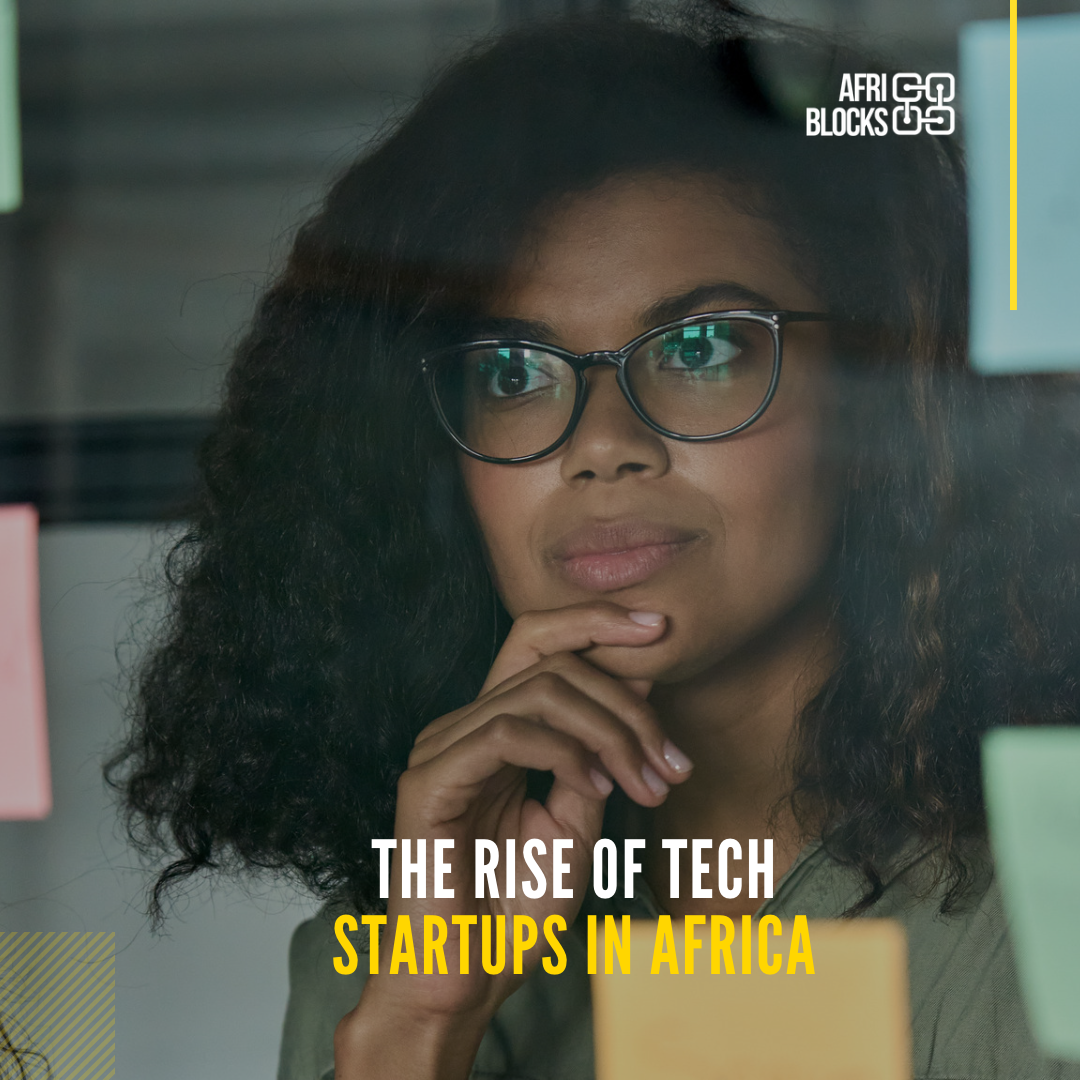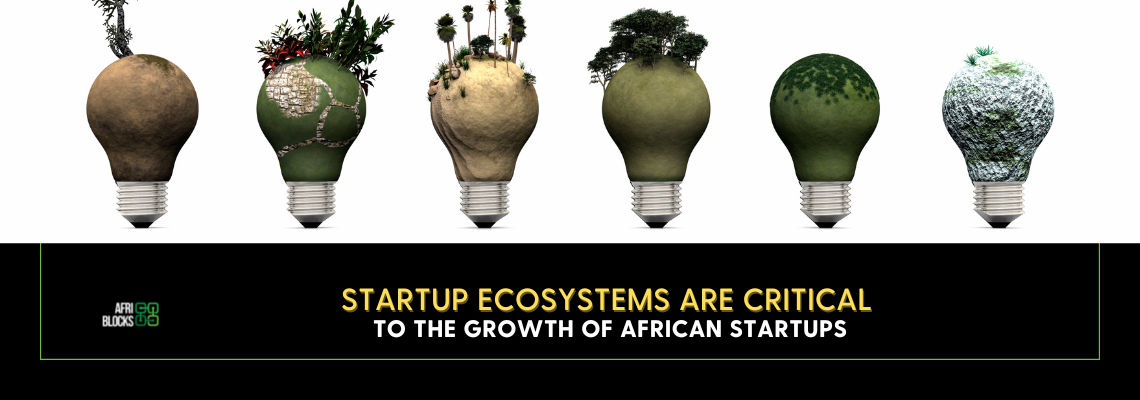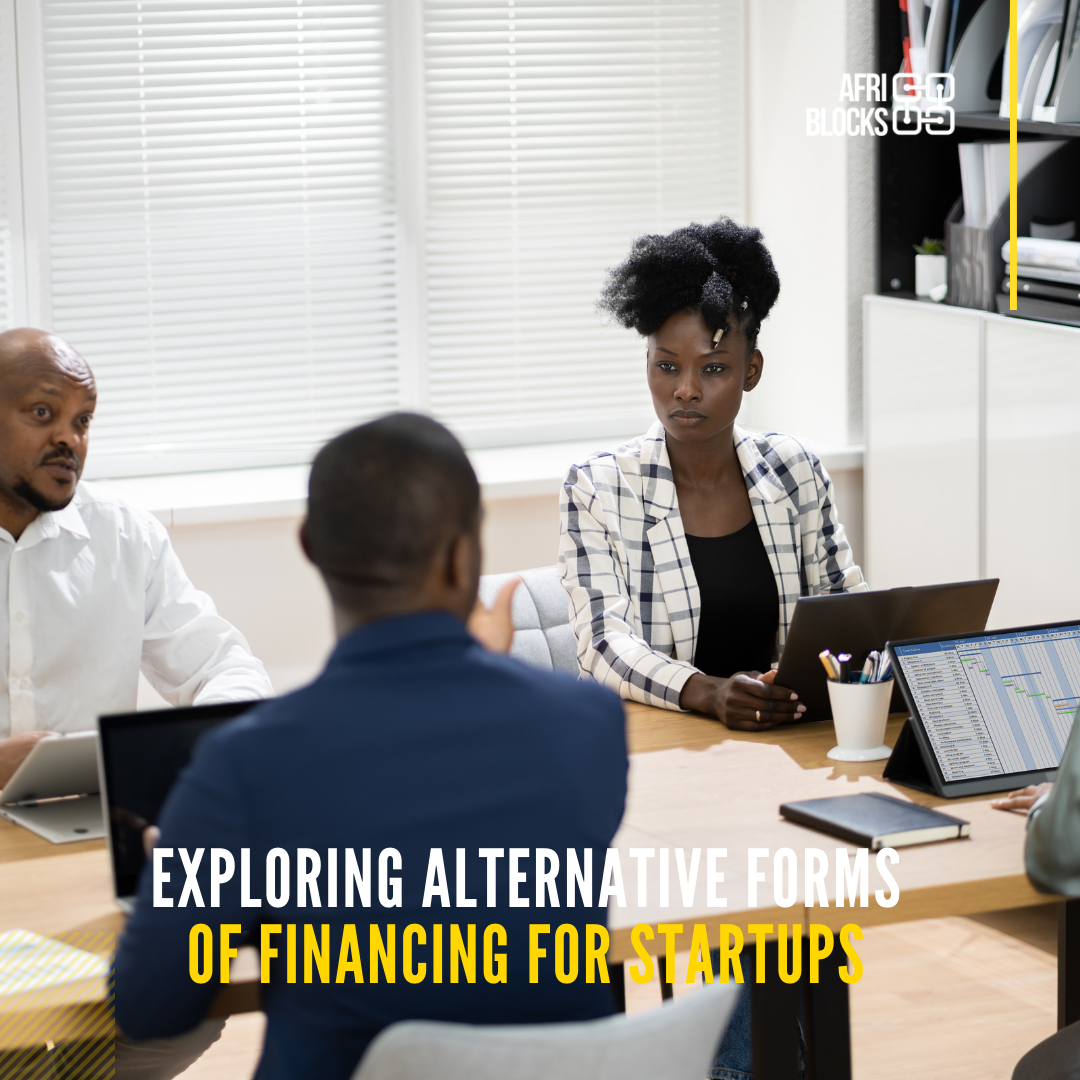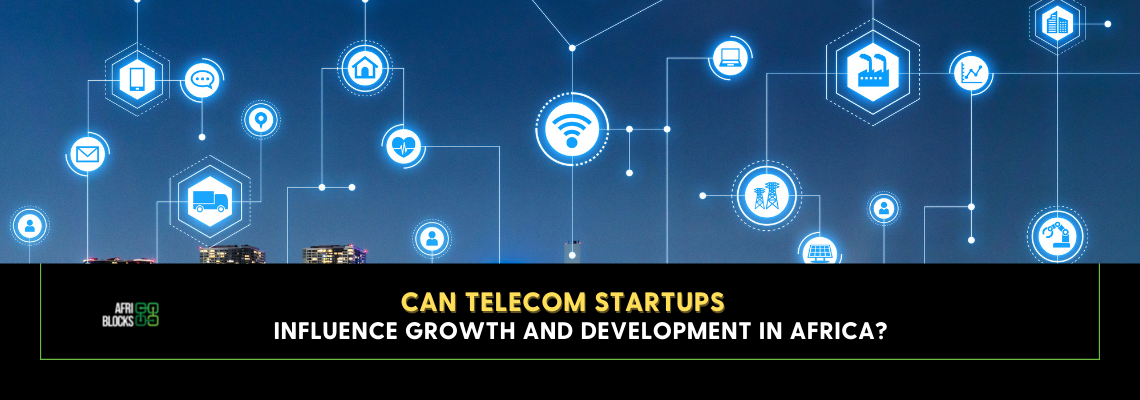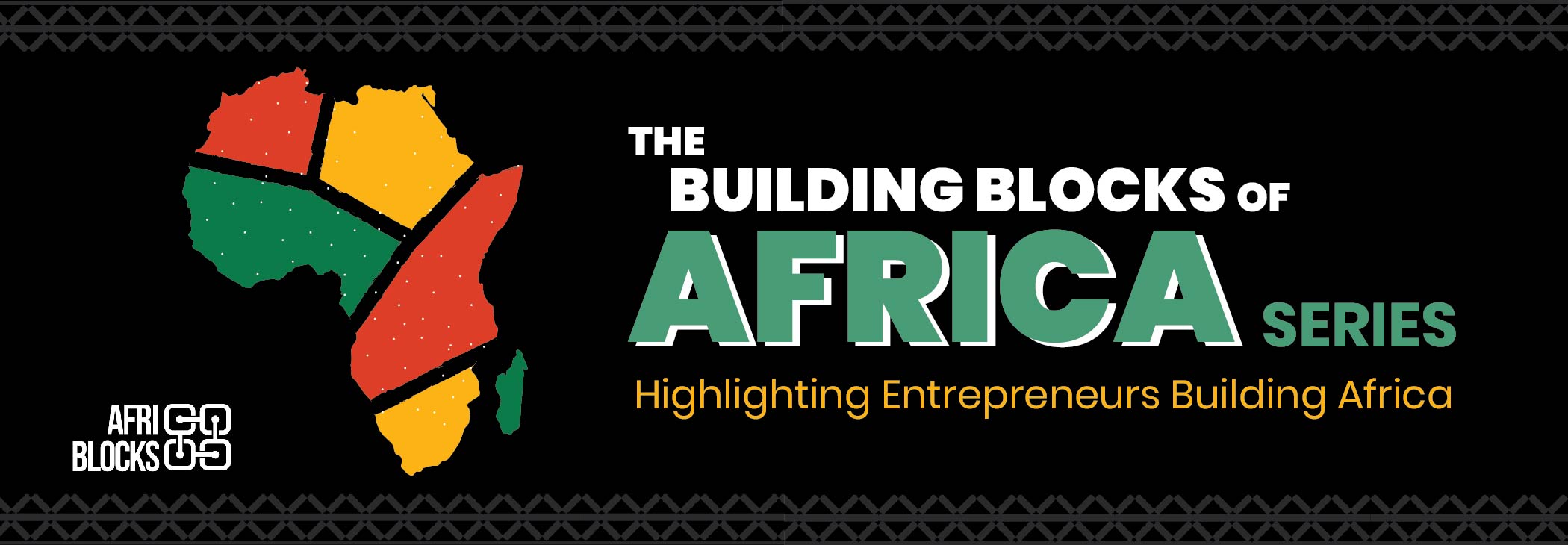
AfriBlocks Network
Startup investment relies heavily on the state of the global economy. During periods of economic growth, when consumer demand is high and businesses are flourishing, venture capitalists are more likely to invest in startups in pursuit of high returns. Conversely, during periods where consumer demand is low or stagnant, venture capitalists tend to be more cautious when allocating resources to businesses, which affects the rate of startup investments. Additionally, geopolitical changes, such as trade disputes or currency devaluations, can also affect global economic trends and, subsequently, startup investments.
According to recent data, the state of startup funding is strong. In 2022, African startups received over $3 billion is funding. For 2023, there is a wide consensus that the level of investment will increase, as venture capitalists become more optimistic about the growth prospects for several industries. In particular, investments in software and artificial intelligence-related startups will continue to grow, due to the increasing demand for digital solutions and services from corporations and individuals.
How can African founders gain access to more funding?
Startups in Africa are typically funded by a combination of sources, including venture capital, incubators and accelerators, angel investors, government funds, and crowdfunding. Venture capitalists are increasingly investing in African startups, particularly in countries such as Nigeria, Kenya, and South Africa. These countries are becoming increasingly attractive to venture capitalists, due to their growing populations, infrastructural developments, and supportive government policies.
The effects of a recession on startup funding has varied depending on the type of investment. Venture capital investment has seen an overall decline in recent years, as venture capitalists have become more cautious in the face of economic uncertainty. On the other hand, incubators and angel investors have become more active in recent years, providing early-stage startups with valuable resources and capital. Government funds and grants have become even more important, as governments have looked to support startups and small businesses during this period of economic downturn. Finally, crowdfunding has become an increasingly popular option for startups to access capital, as more people are willing to take part in crowdfunding campaigns during a recession.
African startups founders can find investment in a global recession by exploring a variety of different funding sources. Venture capitalists may become more open to investing in early-stage startups if they can see potential for success in the current economic climate. African startups are considered as being highly innovative because the products they build are intended to solve significant challenges. Additionally, angel investors, often successful entrepreneurs or businesspeople, often provide funding in exchange for equity or other forms of compensation.
Incubators and accelerators are a useful tools for Africa startup founders. These go beyond providing capital for startups but also mentorship and networking opportunities, which could be invaluable for startups during a recession. Angel investors may be more willing to invest if they can see potential for a high return on investment. Government funds and grants are becoming increasingly available during a recession, as governments are looking to support small businesses and startups during this trying time. Finally, crowdfunding can be a particularly popular option for startups during a recession, as many people are willing to take part in crowdfunding campaigns.
Global trends can have both a positive and negative impact on startup investment decisions. On the one hand, certain industries may benefit from global trends, allowing startups to capitalize on the situation. On the other hand, global trends can lead to the destabilization of certain markets, making investments in those sectors or companies risky. Ultimately, it is important for organizations to consider the current global trends and determine if a potential investment is worth the associated risks.

